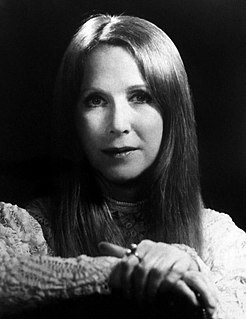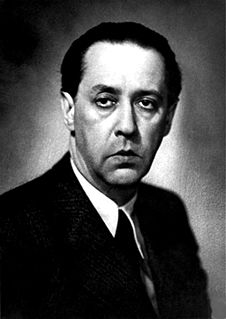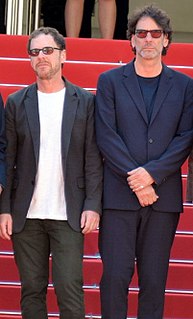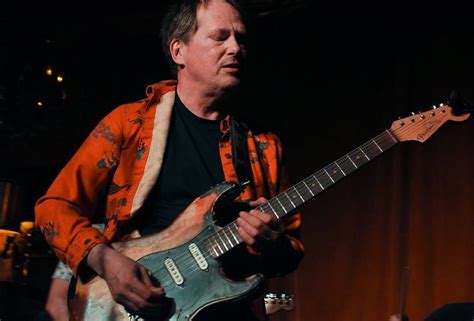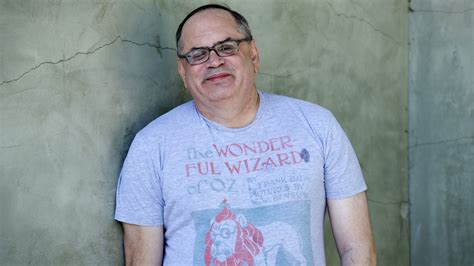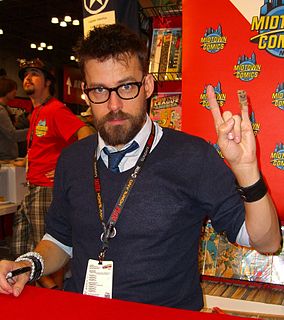A Quote by Rachel Kushner
Tone is somewhat totalising in that, once I locate it, it tells me what kind of syntax to use, what word choices to make, how much white space to leave on the page, what sentence length, what the rhythmic patterning will be. If I can't find the tone, I sometimes try narrating through the point of view of someone else.
Related Quotes
When you're directing an ongoing series, the tone has already been set. So a director will come in and fulfill that tone - reinforce the characters and their behavior. The challenge is to find unique ways that you can visually tell the story while keeping the established tone and the pace and the characters.
If my tone is mocking, the tone of someone accustomed to helplessness, this is natural: the poet is a condemned man for whom the State will not even buy breakfast and as someone said, "If you're going to hang me, you mustn't expect to be able to intimidate me into sparing your feelings during the execution."
Vienna, to me it was the tuning fork for the entire world. Saying the word Vienna was like striking a tuning fork and then listening to find what tone it called forth in the person I was talking to. It was how I tested people. If there was no response, this was not the kind of person I liked. Vienna wasn't just a city, it was a tone that either one carries forever in one's soul or one does not. It was the most beautiful thing in my life. I was poor, but I was not alone, because I had a friend.
Sometimes, in certain stories, I think we know at the outset essentially what the tone is going to be, or it becomes important that we're groping toward some kind of story with a certain kind of tone that we both get somehow. But I don't think how that's combined with other elements is ever in any way overtly discussed.
One of the qualities of writing that is not much stressed is its problem-solving aspect, having to do with the presentation of material: how to structure it, what sort of sentences (direct, elliptical, simple or compound, syntactically elaborate), what tone (in art, "tone" is everything), pacing. Paragraphing is a way of dramatization, as the look of a poem on a page is dramatic; where to break lines, where to end sentences.
To me, the coolest riffs are composed of two guitar parts that interlock like gears. You need both parts to make whole. I work things out on an electric that's not plugged in to make sure a good tone isn't forgiving a part that couldn't stand up naked. Only after the parts are written will I struggle to find a tone that supports the creativity.
When you leave here today and commence the next stage of your life, you can follow someone else's script, try to make choices that will make other people happy, avoid discomfort, do what is expected, and copy the status quo. Or you can look at all that you have accomplished today and use it as fuel to venture forth and write your own story. If you do, amazing things will take shape.
A trick I picked up from reading Frank Miller scripts: ... He tended to always start his panel caps sometimes with a general noun and a verb. 'He weeps,' and then there'd be whatever else. And a couple of collaborators of mine have always said that the first sentence of my script is for them, and everything else that comes after is for me. Which is true, that's very much how I try to write. The first line is just to get the physical action down, and then I'll kind of drift off into whatever else I see in my head and they can take it or leave it.
I arrived at my way of "working" as a way of visually approximating what I feel the tone of fiction to be in prose versus the tone one might use to write biography; I would never do a biographical story using the deliberately synthetic way of cartooning I use to write fiction. I try to use the rules of typography to govern the way that I "draw," which keeps me at a sensible distance from the story as well as being a visual analog to the way we remember and conceptualize the world.


